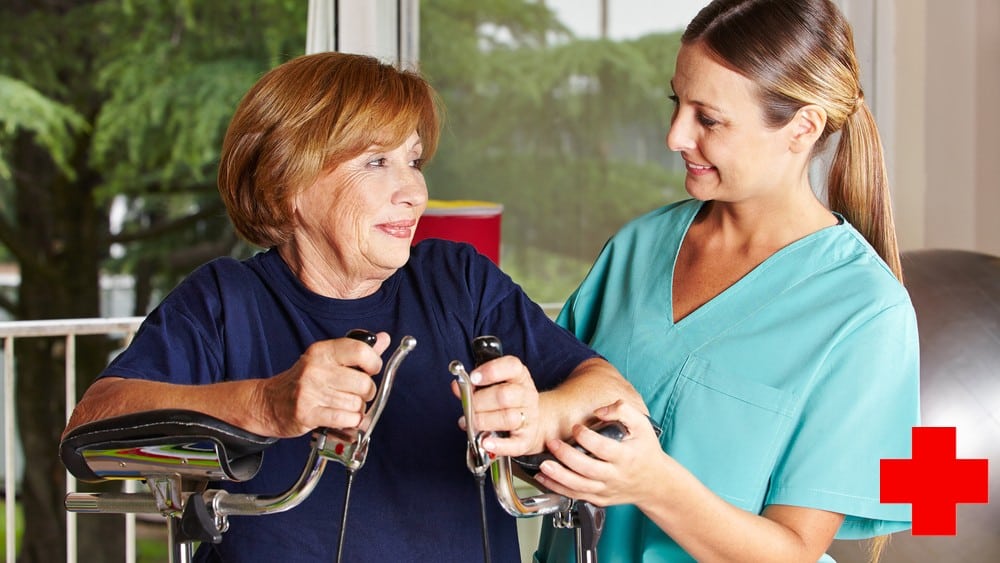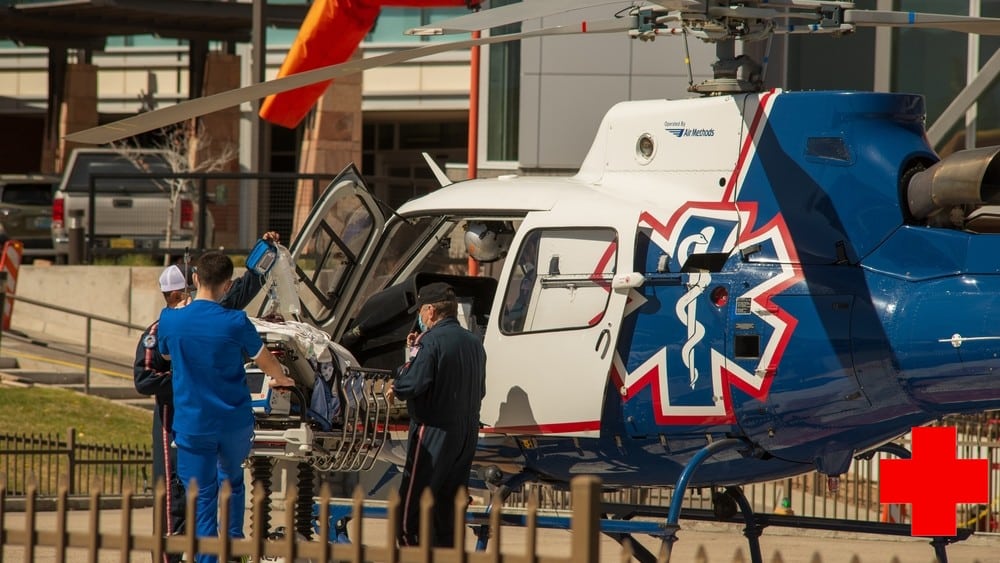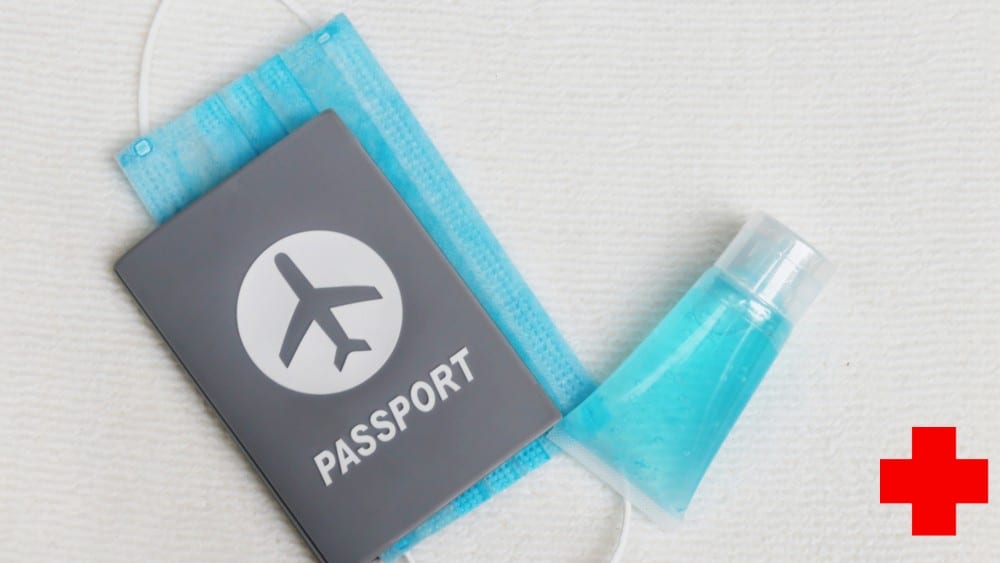Hello reader, Welcome to this informative guide about Trauma Nurse Certifications!
Certifications are a significant boost for you as a professional because the employer will note your dedication to advancing your career and becoming better than you are.
This article will help you understand the different Trauma Nurse Certifications and how to acquire them.
When you are done reading this write-up, you’ll have the necessary information at your fingertip.
In this article, we will cover the following:
- BCEN Trauma Nurse Certifications
- Other Trauma Nurse Certifications
However, not all of them offer the same benefits.
Let’s learn more!
Introduction

The TCRN certification is a certification awarded by BCEN.
This is the first nationally recognized certification available to Trauma Nurses.
Of course, you must be a holder of an unrestricted RN license which requires you to have a Bachelor’s Degree or an Associate’s Degree to acquire this certification.
It could be a Traumatology Degree or a Nursing Degree.
As per BCEN requirements, you must have two years of experience in trauma nursing which should be both direct and indirect patient care.
You will take an exam and renew your certification every four years.
As a Trauma-Certified Registered Nurse, there are some certifications worth pursuing.
Acquiring these TCRN certifications will create more opportunities for you in trauma centers nationwide because your overall value as a TCRN will increase.
Some might be costly and require renewal after a few years, but they are always worth it in the end.
BCEN Trauma Nurse Certifications

Here are some Trauma Nurse Certifications:
Certified Emergency Nurse (CEN)
The CEN certification is the certification that is all about emergency nursing and equips the candidate with nursing knowledge and skills pertaining to the emergency nursing specialty.
It is a certification awarded by the Board of Certification for Emergency Nursing (BCEN).
You need more than two years of education and training after high school to acquire this certification, and you will also need more than two years of work experience.
After four years, you must take an oral or written exam and renew your certification.
This certification can be acquired by the Emergency Room Nurse, the Emergency Room Registered Nurse, the Staff Nurse, and Emergency Department Staff Nurse.
Emergency Nursing Pediatric Course (ENPC)
This certification is required for a Trauma Nurse working with Pediatric patients.
BCEN awards it, and students are equipped with knowledge of medical and pharmacological interventions and the ability to recognize medical emergencies in children patients.
You need more than two years of education and training after high school to acquire this certification, and you will also need more than two years of work experience.
You must take an oral or written exam, and renew your certification after four years.
This certification can be acquired by the Emergency Room Nurses, the Emergency Room Registered Nurses, Staff Nurses, and Emergency Department Staff Nurses.
Certified Flight Registered Nurse (CFRN)
Trauma Nurses can acquire this certification of flight nursing which entails responding to emergencies by air and carrying out evacuations or offering disaster relief.
The Board of Certification for Emergency Nursing (BCEN) offers the CFRN credential.
You don’t need two years working as a Flight Nurse, but it is recommended.
After four years, you must take an oral or written exam and renew your certification.
This certification can be acquired by the Emergency Room Nurses, Emergency Room Registered Nurses, Flight Nurses, and Emergency Department Staff Nurses.
You also don’t need to possess a BSN to acquire this certification.
Other Trauma Nurse Certifications

There are other Trauma Nurse associations by different associations and boards, and they are also valuable in equipping the Trauma Nurse with essential skills.
Here are the certifications:
Family Nurse Practitioner
This is a certification that ANA offers.
The certification comes with a competency-based examination that offers a valid and reliable assessment of a Nurse’s entry-level clinical knowledge and skills as a nurse practitioner.
This certification adheres to the Consensus Model for APRN regulation: Licensure, Accreditation, Certification, and Education.
After meeting all the eligibility requirements to take this certification exam and successfully pass it, you will officially be awarded the Family Nurse Practitioner – Board Certified(FNP-BC) credential.
You must have two years of education or training after high school completion and two years of experience working.
You must also take an oral or written exam and renew your certification every five years.
Certification can be acquired by Emergency Room Nurses, Emergency Staff Nurses, Emergency Department RN, and General Ward Nurses.
Adult, Pediatric, and Neonatal Critical Care Nurses (CCRN)
The certification first existed in 1976 specifically for Nurses offering trauma care to critically ill adult, pediatric, and neonatal patients.
It is awarded by the American Association Of Critical Care Nurses.
Nurses who pursue this certification often work in specialty departments like the intensive care units, combined ICU/CCUs, cardiac care units, medical/surgical ICUs, critical care transport, or trauma units.
You must have more than two years of training or education after high school completion, and you must acquire more than two years of experience working.
You must take a written or oral exam, and you must renew this certification every 3 years.
This certification can be acquired by ER department RN, Staff Nurse, Head Nurse, and any General Ward Nurse.
Basic Life Support (BLS)
This is a certification meant to equip various healthcare professionals with the skills to recognize various life-threatening emergencies and offer CPR, relieving choking, and use an AED in a timely and safe manner.
The American Heart Association awards it.
You don’t need two years of education and training to take this certification.
You must take an oral or written exam and renew your certification every two years.
You can pursue this certification if you are an Emergency Department RN, Emergency Department Staff Nurse, Telemetry Registered Nurse, and Pediatric Nurse.
Trauma Nursing Core Course (TNCC)
This course is awarded by the Emergency Nurse Association (ENA).
Every second is essential when handling life-threatening trauma cases and makes all the difference.
Qualified Emergency Nurses teach this course, and they equip Trauma Nurses with the critical thinking skills, knowledge, and real-life training required to offer excellent quality patient care.
Upon completion of this case, the trained Trauma Nurse will have the ability to properly assess and carry out proven interventions resulting in positive outcomes for trauma patients.
No education or training for two years is required after high school, and you don’t need two years or more of work experience.
No oral or written exam is required, and certification renewal is expected every 4 years.
This course is suitable for Emergency Room Nurses, Emergency Department Registered Nurses, Emergency Department Staff Nurses, and Staff Nurses.
Conclusion

Trauma Nurses are a special category of Nurses who must always be alert and prepared for unexpected emergency occurrences.
Trauma patients are always varied, and each requires special care.
This is why acquiring additional certifications equips them with more knowledge to deal with trauma emergencies and give trauma patients the best care.
As long as the board awarding the certification is valid, then the certification is valid and serves its purpose in advancing the career of a Trauma Nurse.
FAQs

What certifications should a Trauma Nurse have?
Trauma Nurses should have certifications such as Certified Emergency Nurse, Certified Flight Nurse, Emergency Nursing Pediatric Course(ENPC), Certified Flight Registered Nurse (CFRN), Adult, Pediatric and Neonatal Critical Care Nurses (CCRN), and Family Nurse Practitioner. These certifications are vital in improving the skills of those who work with a diverse patient population.
Are Nursing Certifications worth it?
Yes, certifications are worth it because they result in better job prospects and enhance professional credibility, validate specialized knowledge, and indicate a higher level of professional competence, resulting in competitive pay. Any certification that helps you become a better professional is worth it.
What does Trauma Certified mean?
This describes a Certified Trauma Professional who treats developmental trauma, shock trauma, relational trauma, and PTSD. Some of these Professionals work in high-pressure environments with emergency cases where patients have trauma injuries. This profession requires the Nurse to be well-equipped with the appropriate knowledge for needed interventions.
What is TCAR certification?
This is a countrywide standardized nursing program created to equip nurses caring for trauma patients with the right skills. It is a course that involves emergency, critical care, perioperative, acute care, and other forms of trauma care that best meet the needs of a hospitalized trauma patient.
Who needs a Trauma Nurse certification?
Any Nurse with an unrestricted Registered Nurse license who wants to advance their career and improve their job prospects by venturing into trauma care can take the certification. It is also for Nurses passionate about taking care of Trauma Patients in various healthcare settings.
Is TCRN a national certification?
Yes, TCRN is indeed a national certification for Trauma Nurses. It requires an RN license, and BCEN, the board that gives this certification, requires candidates to have at least 2 years of experience in trauma nursing. These certifications enhance the Nurse professional’s credibility and job prospects.
How much is the TCRN exam?
TCRN exam fee for members of the Society of Trauma Nurses (STN) is $230 for the first exam. If you are retaking the exam, then it will be $200. If you are not an STN member, your first TCRN exam will cost $370, and a retake will cost you $340.









